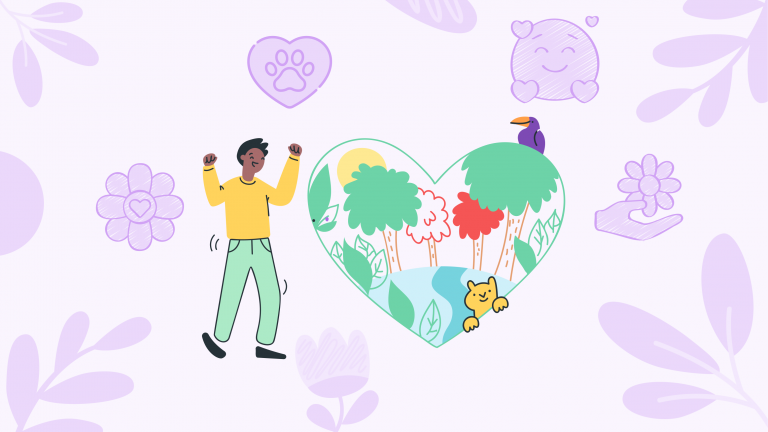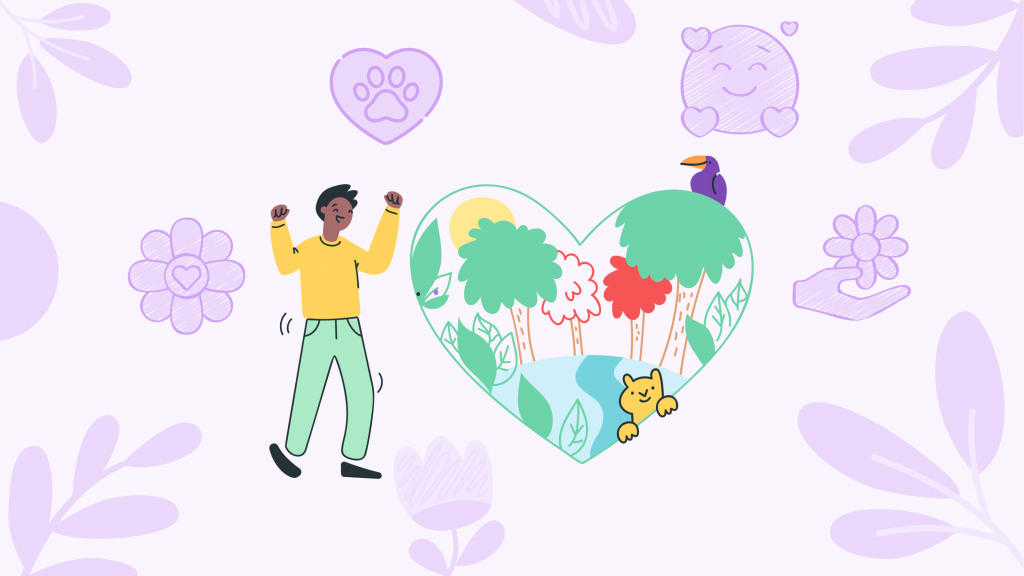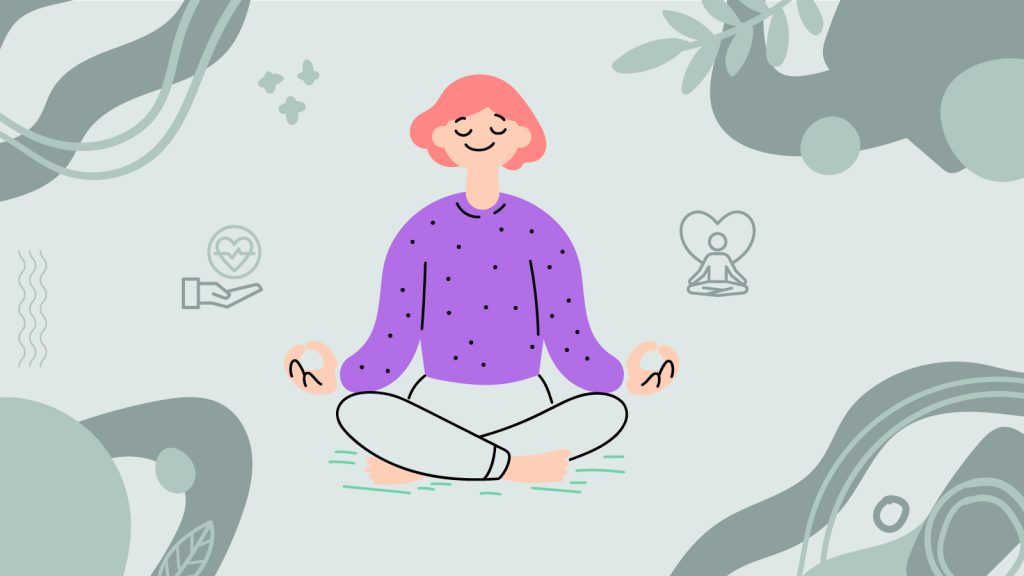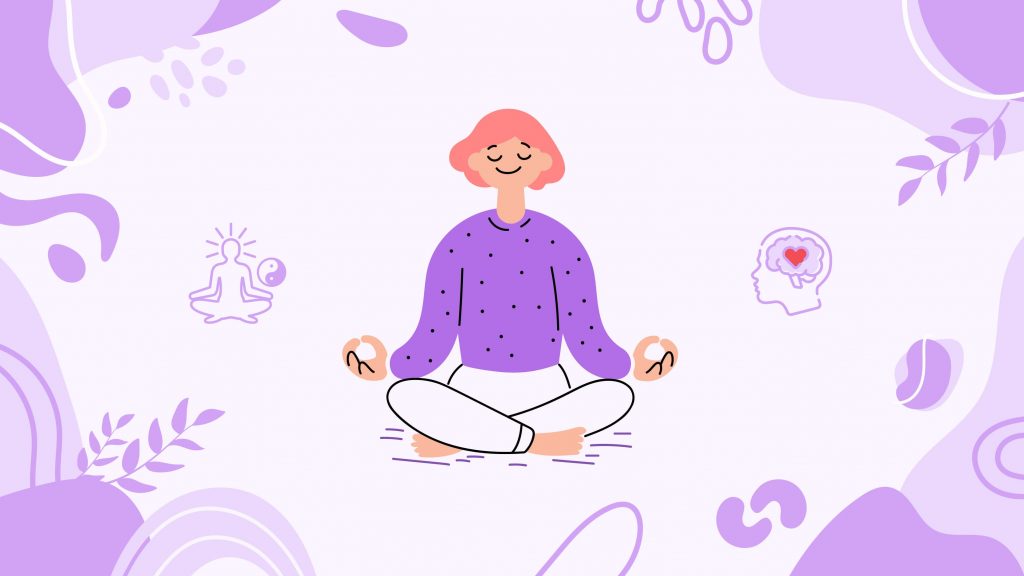The Urban Disconnect
Ah, the Urban Disconnect—sounds like a sci-fi movie, doesn’t it? But here we are, navigating through our concrete jungles, where the buzzing of phones often drowns out the chirping of birds. It’s like we’re in this never-ending dance with technology and towering buildings, gradually losing touch with the earthy rhythm of nature.
Think about it: when was the last time you just sat under a tree and did nothing? Modern life, with all its conveniences and gadgets, has us hooked. We’re cozy in our high-rise nests, binging the latest series or scrolling endlessly, while the great outdoors becomes more like an old acquaintance rather than a close friend.
There’s this odd emptiness, right? A sort of nostalgia for the fresh air and greenery we rarely see. It’s weird how we crave the peace and simplicity of nature amidst our busy schedules and tech-filled spaces. Finding time to just be outside feels like a luxury or a weekend activity that often gets bumped for other pressing urban duties.
This tug-of-war between city living and nature’s call impacts not just our mood but our overall health. It’s like we’re missing a vital piece of the puzzle, one that’s green and quietly waiting for us to step outside and reconnect.
The Natural Remedy
Diving deeper into the science, nature’s impact on our well-being is also linked to its influence on the autonomic nervous system, particularly promoting parasympathetic activity, which is responsible for the body’s ‘rest and digest’ functions.
This shift decreases sympathetic ‘fight or flight’ responses, leading to lower heart rates, reduced blood pressure, and enhanced immune system functioning. Furthermore, the phytoncides — natural compounds emitted by plants and trees — have been found to boost immune system function when inhaled during time spent in forested areas.
On a psychological level, engaging with natural environments can contribute to a concept known as biophilia, an innate and genetically determined affinity of human beings with the natural world. Natural settings are thought to trigger evolutionary cues that signal safety, resource availability, and shelter, which in turn foster a sense of security and well-being.
The fractal patterns seen in nature, such as the branching of trees, the arrangement of leaves, and the patterns of river veins, are also believed to play a role in the calming effect of natural environments.
These patterns can enhance alpha wave activity in the brain, which is associated with a state of wakeful relaxation. This connection between fractal patterns in nature and brain wave activity underscores the deep-seated affinity between humans and their natural environments, highlighting the restorative power of nature on our cognitive and emotional states.
Green Steps
To truly embrace the green steps and weave the essence of nature into the fabric of your daily life, consider these additional strategies:
- Adopt a ‘Green Route’ Commute: If possible, choose a route to work or school that takes you through parks or green spaces. Even a slight detour that offers a view of trees, gardens, or water bodies can uplift your mood and start your day on a positive note.
- Schedule ‘Nature Breaks’: Just like coffee breaks, designate times in your day for quick nature interactions. It could be a five-minute walk, stepping outside to breathe in the fresh air, or simply sitting by a window to gaze at the sky or greenery.
- Nature in Technology: Use technology to remind you of the natural world. Set your desktop background or screensaver to a calming natural landscape, use apps that play nature sounds, or follow social media pages dedicated to wildlife and nature photography.
- Engage in Conservation Activities: Participate in local environmental groups or conservation projects. Activities like tree planting, beach clean-ups, or community gardening not only connect you with nature but also contribute to its preservation.
- Mindful Observation of Nature: Practice actively observing the natural elements around you, even in urban settings. Notice the patterns of leaves, the way light filters through trees, the behavior of birds, or the movement of clouds. This practice enhances your observational skills and deepens your connection to the natural world.
- Create a Nature Journal: Keep a journal dedicated to your nature experiences. Record what you see, hear, smell, and feel, or sketch the natural scenes you encounter. This can heighten your appreciation for nature and serve as a wonderful way to reflect on your experiences.
By integrating these green steps into your lifestyle, you can foster a stronger, more meaningful connection with nature, enhancing your overall well-being and nurturing a sense of peace and contentment in your life.
Subscribe to newsletter
Get your Gut Health Starter Guide right now.
Elevate your Tuesdays with practical, science-backed wisdom propelling you forward on your gut health journey.

The Transformational Trail
Thomas, once a high-flying corporate lawyer in the bustling city, found solace and renewal in the serene embrace of nature. His days, previously filled with endless meetings and screen time, began to include morning walks by the river and weekends hiking in the nearby hills.
Each step into the natural world peeled away layers of stress and fatigue, revealing a calmer, more centered self. Thomas’s apartment, once a stark place of rest between work marathons, gradually transformed into a green haven, with potted plants and herbs lining his windowsill, bringing the outside in.
Thomas reflects on his journey, “I was on the brink of burnout, feeling disconnected from myself and everything around me. Nature was my reset button. Starting with short walks in the park, I gradually built a routine that led me to explore forests, mountains, and rivers. The more time I spent outside, the more balanced I felt. My sleep improved, my anxiety decreased, and my outlook on life became more positive.
Nature taught me to slow down, breathe, and truly see the beauty in the world. It’s been a transformational journey, not just in terms of my personal well-being but in how I view life itself. Now, I find joy in the simplicity of a sunrise, the sound of rain, or the smell of the earth after a storm.
Reconnecting with nature has been a profound experience, reminding me of who I am and what truly matters.”


















